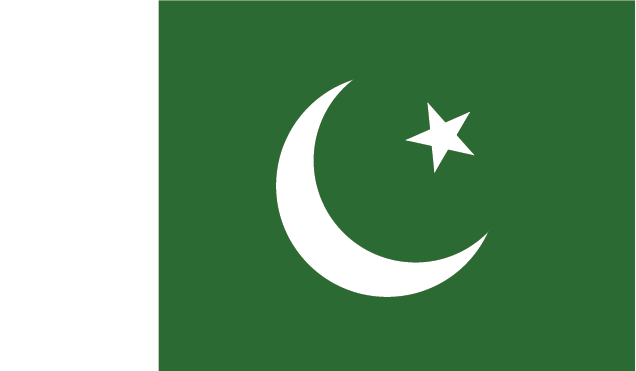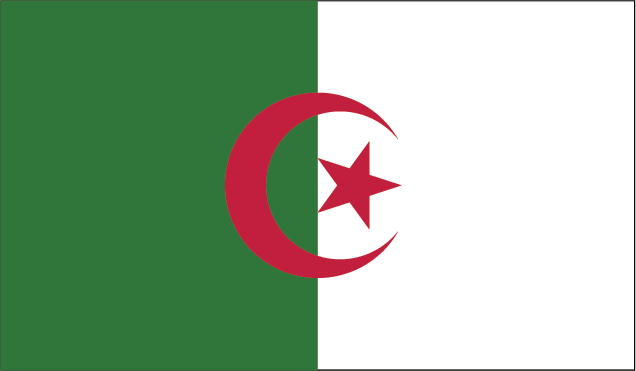OVERVIEW
ABOUT IMM
Mathematics underpins all areas of Science, Technology and Innovation (STI), including Data Science, Machine Learning and Artificial Intelligence. Countries wishing to improve their STI research capacity must maintain a high-level mathematics research community. However, even some economically rich countries are still lagging behind others in this respect and have little high-level research output. We find it unfair for millions of ambitious students desiring and in need of advanced teaching and opportunities.
The IMM is a low-cost, high-quality, high-impact model that brings top-level faculty to host countries to teach and train the very best students regardless of their ability to pay.
The IMM provides continuity and coordination and offers outstanding value to host institutions and countries, increasing their research capacity via a fully sustainable programme.
The spirit of the IMM is to be a viable answer to the multiple demands of our modern times. By its very nature, mathematics thrives in global cooperation without borders, and that is what IMM tries to realize on a modest scale. This is why we engage in addressing research and education gaps as a no-profit NGO committed to capacity building of a critical mass of researchers to equalize high quality Mathematics education worldwide.
We cultivate the ambition to allow everyone to be involved in high-quality education, catalyse one’s role in Mathematics research and its global leadership, expertise and innovation, independently from one's country of origin.
Mission
The International Mathematics Master (IMM) was founded to build mathematics research capacity and underpin high-level teaching quality globally.
The long-term mission is to establish and consolidate a critical mass of researchers working at an international level who can form an active and self-sustaining research community and engage in international conversation about the value of mathematics application to improve the world.
Vision
The quality of the IMM is competitive with most other Master’s worldwide.
IMM faculty is committed to personalized mentoring and support.
The foundation and execution of IMM’s concept has evolved over decades and draws from the wealth of experience held by the faculty and staff of the Abdus Salam International Centre for Theoretical Physics (ICTP).
High-quality yet inclusive education
Moreover, every student receives a full scholarship which covers their tuition and living costs, ensuring the best students can succeed whatever their background.
How do we do it?
What our mission and vision entail, in practice, is an ongoing process of methodological, pedagogic and community development commitments that put people at the core.
- Capacity building. It is at the core of our understanding of Mathematics for Humanity and its pillar is the establishment of acritical mass of local researchers working at a good international level which can also train its own students and thus become self-empowering. It is to us both a short term and long-term strategy to benefit national and regional education activities that build on curricular and strategic cooperation with local research and higher education institutes.
- Gender balance. IMM strives to have equal shares of male and female students in their cohorts without having to reach western countries and challenging cultural barriers and move away. For both women and men, IMM represents an excellent opportunity to get the aspired level of education in their own country. IMM contributes to empower women in STEM education and advances science diplomacy agenda in this domain.
- Local mathematical community development. The impact on a math department of up to 20 international, research-oriented yearly visitors that stay for a two weeks teaching period is enormous. These visitors typically give talks in neighbouring institutions, they interact with local faculty as teachers of their students, and they engage actively to develop research collaborations. The IMM program has the power of transforming a math department into an international research center built on the potential of exchange, cooperation and openess in research.
- Students from disadvantaged backgrounds. As IMM provides full scholarships covering accommodation and living costs, it facilitates access of students from disadvantaged backgrounds,who might otherwise not have the financial means to focus on their education.
- Diverse nationalities. Institutions hosting IMM programs have pledged to making efforts to provide scholarships for applicants from other African and Asian countries. Faculty members join the hosting countries for the programme from all both Western and non-Western countries, creating an enormous potential for common growth, reflections and exchange.


